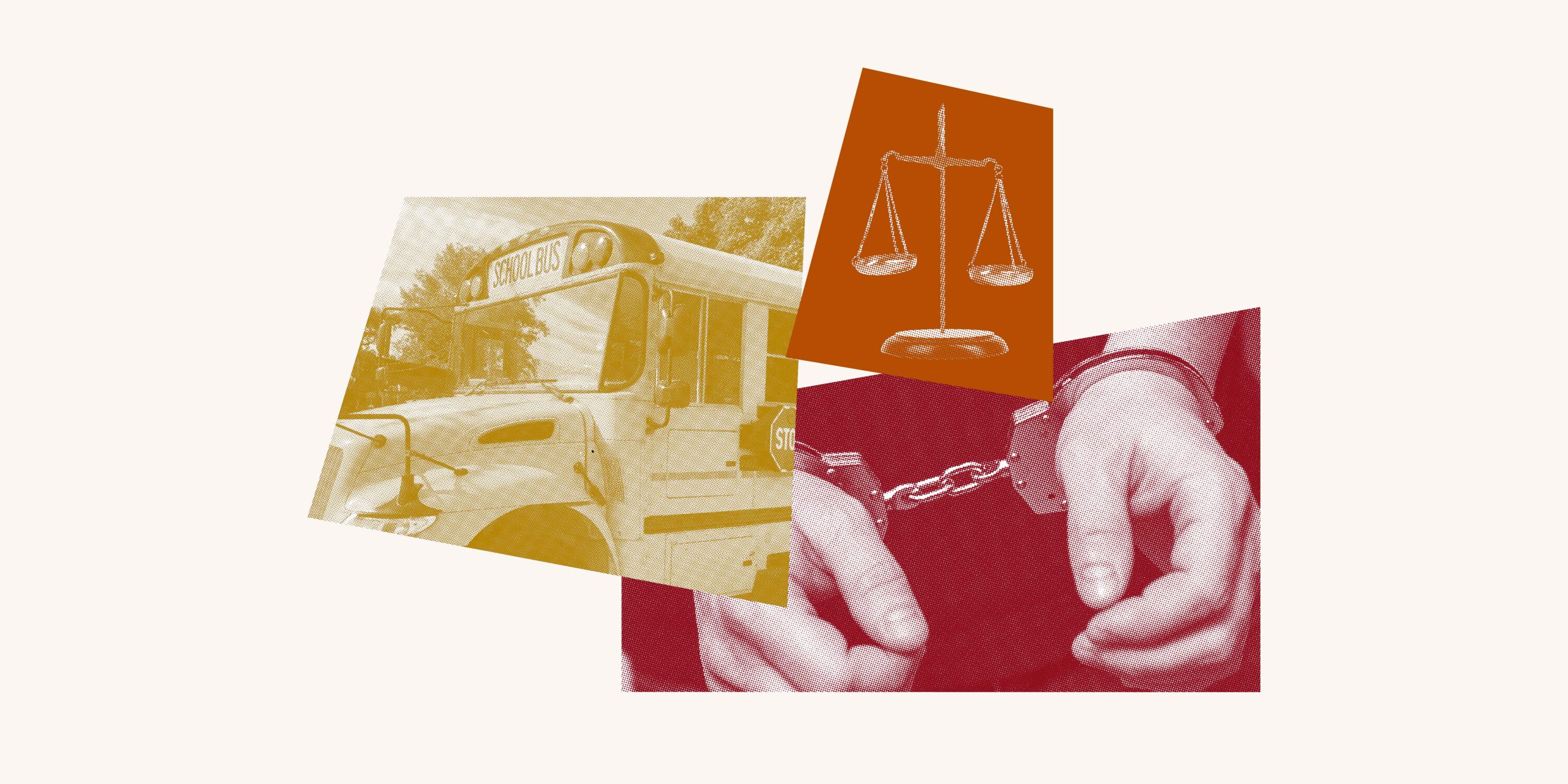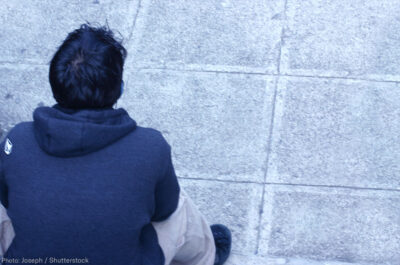Alternatives to Youth Incarceration
The ACLU works in courts, legislatures, and communities to defend and preserve the individual rights and liberties that the Constitution and the laws of the United States guarantee everyone in this country.

The Latest
Explore More
What's at Stake
On any given day, there are over 60,000 children locked up in juvenile facilities. For many children, entering a juvenile facility closely resembles the experience of entering an adult prison. Uniformed guards bring in young people restrained in handcuffs and leg irons, pat-frisk or strip-search them, issue them institutional undergarments and jumpsuits, and then lock them into cell blocks. Other children are sent to juvenile institutions with campus-like or pastoral settings, such as residential treatment facilities or wilderness programs, but still experience poor outcomes. Regardless of the type of placement, the very process of confining young people—cutting them off from their families, disrupting their education, and often exposing them to further trauma and violence—harms their development and has lifelong negative consequences.
Community-based alternatives to incarceration are much cheaper and more effective in reducing crime and recidivism. While the average cost of a juvenile prison bed is $241 a day, a slot in a community-based program costs less than $75 a day. Alternative-to-incarceration programs provide a range of services and supports to young people and their families and seek to address the underlying causes that got young people into trouble. Many programs also incorporate restorative justice principles so that young people have the opportunity to repair harm to victims and give back to their communities.
Many states have successfully reduced reliance on youth jails and prisons and expanded community-based alternatives by moving the fiscal incentives away from incarceration. Several states, including Ohio, Illinois, California, Texas, Alabama, and New York, have experienced huge decreases in youth incarceration after passing legislation to shift resources away from state-run facilities to locally operated, community-based programs. The ACLU is engaged in several state-based campaigns to promote policy and legislative changes to end the over-incarceration of children and provide them with the tools they need to grow into healthy and productive adults.
On any given day, there are over 60,000 children locked up in juvenile facilities. For many children, entering a juvenile facility closely resembles the experience of entering an adult prison. Uniformed guards bring in young people restrained in handcuffs and leg irons, pat-frisk or strip-search them, issue them institutional undergarments and jumpsuits, and then lock them into cell blocks. Other children are sent to juvenile institutions with campus-like or pastoral settings, such as residential treatment facilities or wilderness programs, but still experience poor outcomes. Regardless of the type of placement, the very process of confining young people—cutting them off from their families, disrupting their education, and often exposing them to further trauma and violence—harms their development and has lifelong negative consequences.
Community-based alternatives to incarceration are much cheaper and more effective in reducing crime and recidivism. While the average cost of a juvenile prison bed is $241 a day, a slot in a community-based program costs less than $75 a day. Alternative-to-incarceration programs provide a range of services and supports to young people and their families and seek to address the underlying causes that got young people into trouble. Many programs also incorporate restorative justice principles so that young people have the opportunity to repair harm to victims and give back to their communities.
Many states have successfully reduced reliance on youth jails and prisons and expanded community-based alternatives by moving the fiscal incentives away from incarceration. Several states, including Ohio, Illinois, California, Texas, Alabama, and New York, have experienced huge decreases in youth incarceration after passing legislation to shift resources away from state-run facilities to locally operated, community-based programs. The ACLU is engaged in several state-based campaigns to promote policy and legislative changes to end the over-incarceration of children and provide them with the tools they need to grow into healthy and productive adults.




